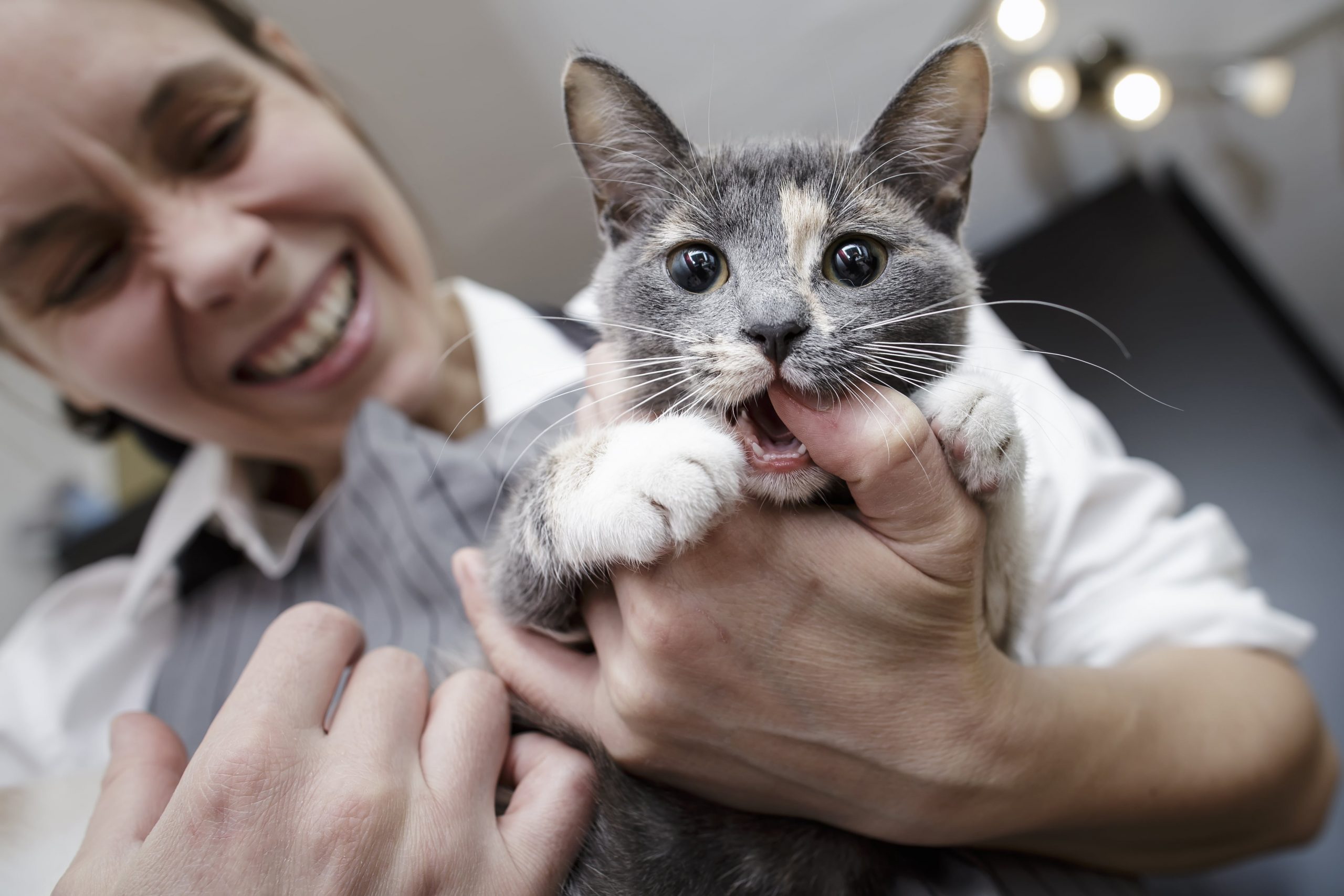When it comes to animal bites, it’s important to know how to properly treat the wound. Depending on the type of animal and the severity of the bite, first aid may vary. Here is a guide on how to give first aid for different types of animal bites:
Dog Bites
One of the most common types of animal bites are from dogs. If you are bitten by a dog, it’s important to clean the wound immediately with soap and water. You should also apply pressure to the wound to stop any bleeding. If the bleeding is severe, it’s important to seek medical attention right away.
Cat Bites
Cat bites can be just as dangerous as dog bites, if not more so. This is because cat bites are more likely to become infected. If you are bitten by a cat, be sure to wash the wound immediately with soap and water and apply pressure to stop any bleeding. You should also seek medical attention as soon as possible.
Rat Bites
Rat bites can be very dangerous, as they can often lead to infection. If you are bitten by a rat, it’s important to clean the wound immediately with soap and water and apply pressure to stop any bleeding. You should also seek medical attention right away.
Snake Bites
Snake bites can be very dangerous and should always be treated as a medical emergency. If you are bitten by a snake, it’s important to keep the wound below the level of your heart and call 911 immediately. Do not try to wash the wound or apply pressure, as this can cause the venom to spread more quickly through your body.
Spider Bites
Spider bites can range from being harmless to deadly, depending on the type of spider. If you are bitten by a spider, it’s important to wash the wound immediately with soap and water and apply pressure to stop any bleeding. If you start to experience any symptoms such as difficulty breathing or swelling, it’s important to seek medical attention right away as these could be signs of a more serious reaction.
How do you treat animal bites at home?
Animal bites can be a scary thing, especially if you don’t know how to treat them. If you’re ever unsure of what to do, it’s always best to seek professional medical help. However, there are some cases where you can treat the bite at home.
If the bite is from a domesticated animal, such as a dog or cat, the first thing you’ll want to do is clean the wound. Use soap and water to gently clean the area, then apply a sterile bandage to help prevent infection. If the wound is bleeding heavily, apply pressure to help stop the bleeding.
If the bite is from a wild animal, such as a snake or rat, it’s important to seek professional medical help right away as these bites can be much more serious. Wild animals can carry diseases that can be passed on to humans, so it’s important to get any bites checked out by a doctor.
In general, it’s important to keep the wound clean and covered to help prevent infection. Apply pressure if the bleeding is severe, and seek professional medical help if the bite is from a wild animal or if you’re unsure of how to treat it.
What is the first aid for rabies dog bite?
Rabies is a deadly virus that affects the nervous system of mammals. It is most often spread through the bite of an infected animal, such as a dog or bat. Rabies is almost always fatal once symptoms begin, so it is important to seek medical help immediately if you think you may have been exposed to the virus.
The first step in treatment for rabies is to wash the wound thoroughly with soap and water. This will help to remove the virus from the wound and reduce the risk of infection. A doctor will then likely administer a series of vaccinations to help protect you from the virus. In some cases, a person may also need to receive a dose of immune globulin, which is a protein that helps fight infection.
If you have been bitten by an animal that you think may be infected with rabies, it is important to seek medical attention immediately. Time is of the essence when it comes to treatment for rabies, as the virus can be deadly once symptoms begin. With prompt medical care, however, it is possible to make a full recovery.




